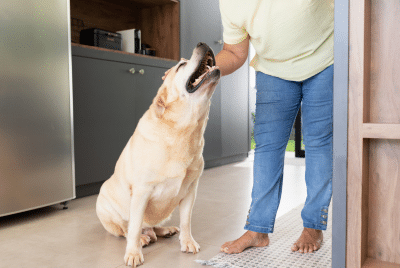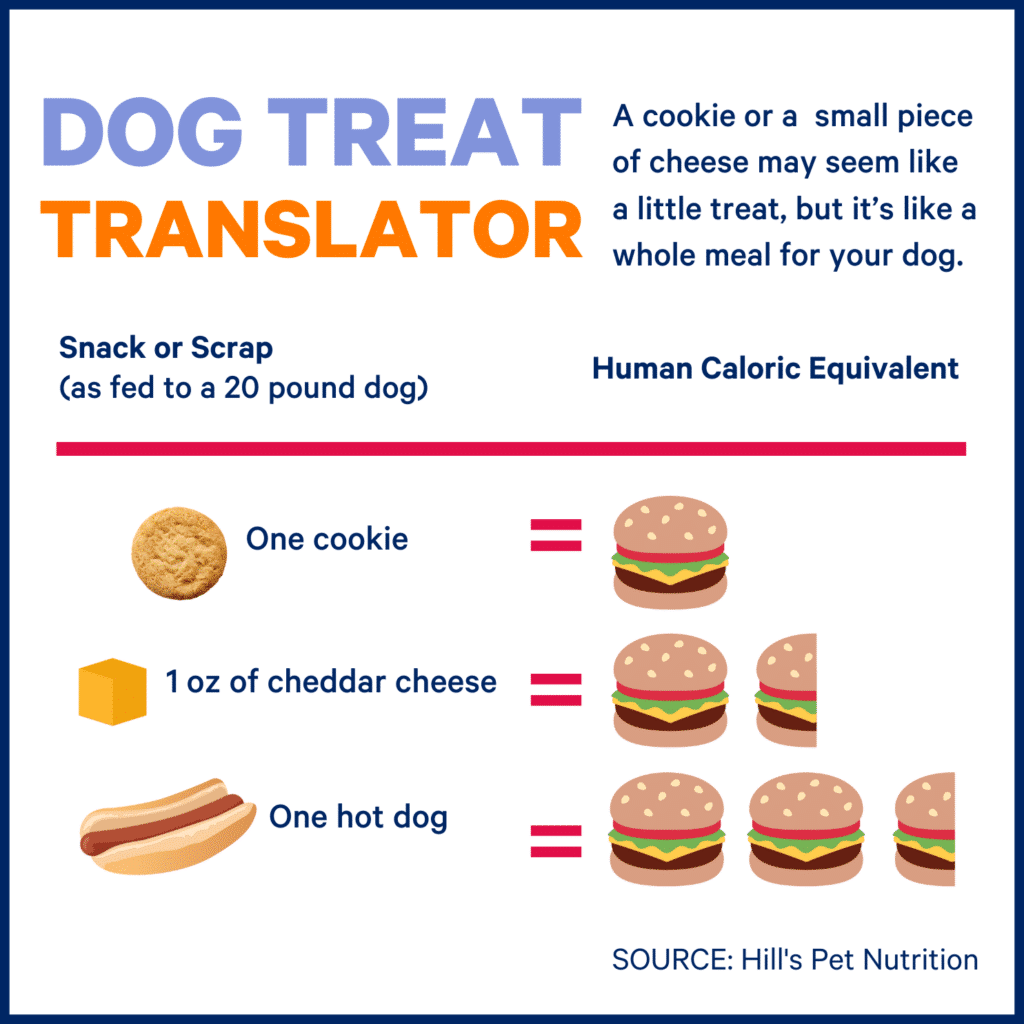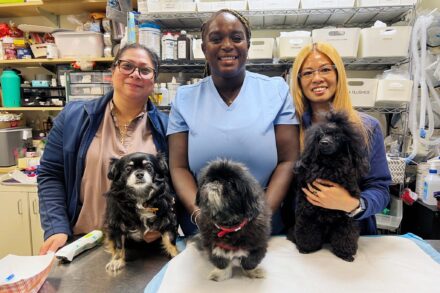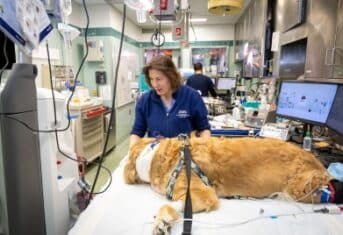Why Labradors Gain Weight Easily: Insights from New Genetic Research

Why Labradors Gain Weight Easily: Insights from New Genetic Research
In both humans and pets, weight gain occurs when too many calories are consumed and/or not enough are burned. This sounds simple, but the equation gets complicated by factors intrinsic to the pet, owner feeding practices, and/or a lack of exercise. This blogpost will focus on some of the drivers of canine obesity with a focus on new information on obesity in Labrador retrievers.
Canine Weight Gain and an Underactive Thyroid Gland
Recently, when I mentioned the weight of a dog patient to the owner, the first request off the owner’s lips was: “Can you check his thyroid?” Hypothyroidism slows metabolism and is an example of a disorder intrinsic to a dog that results in weight gain. Although hypothyroidism is the most common endocrine disorder in the dogs, in my experience running numerous thyroid panels in canine patients, I have found it is rarely a cause of weight gain.
Too Many Calories from Doggy Treats
Two recent patients of mine had packed on the pounds since their last annual examination. Some detective work identified excessive treats provided by their owners as the culprit in both. In one pup, the treats were 40 calories each. Her daily calorie requirement was 300 calories. Two of these high calorie treats were nearly a quarter of her daily requirement! The other pooch was getting four calorie treats, but she was getting 24 of these treats per day equaling 100 calories. When you only weigh 14 pounds, 100 calories of treats are too much treating. Veterinary nutritionists recommend no more than ten percent of the daily calorie requirement be given in treat form.

New Research into Weight Gain in Labradors
A friend of mine, a Labrador devotee, once joked to me, “Labradors can gain weight on air.” Years ago, I worked with a veterinarian who had to bungee cord the refrigerator door shut to keep her Labrador from helping himself to the entire contents while she was at work. Now there is a scientific explanation for both situations. Researchers in England have identified a genetic mutation in a quarter of Labrador retrievers and a third of flat-coated retrievers that leads to excessive hunger. This mutation might also explain why labs are so trainable – they will do anything for food!
The mutation occurs in a gene called pro-opiomelanocortin (POMC). The POMC gene controls production of chemical messengers involved in multiple physiologic pathways in the body. Labradors and flat-coated retrievers with the mutation have a lower metabolic rate, which, if allowed to eat too much, compounds the weight gain. Interestingly, the POMC mutation does not affect thyroid function, but dogs with the mutation have lower blood pressure compared to dogs without the mutation (but still within the normal range for all dogs).
How to Manage an Always Hungry Dog
If your dog is always pestering you for food, the POMC mutation may be to blame. While you can use a DNA test to determine the presence or absence of the mutation, changes in feeding practices should be implemented for any dog pestering you for food. These include:
- Split meals into multiple, smaller portions
- Use feeding toys to keep your dog from wolfing down their food
- Try a snuffle mat or lick mat instead of a bowl for serving dinner
- Don’t over treat
- Talk to your veterinarian about a high fiber diet to encourage satiety
For more on the risks and prevention of canine obesity, see our Pet Health Library article on Obesity in Dogs.



































